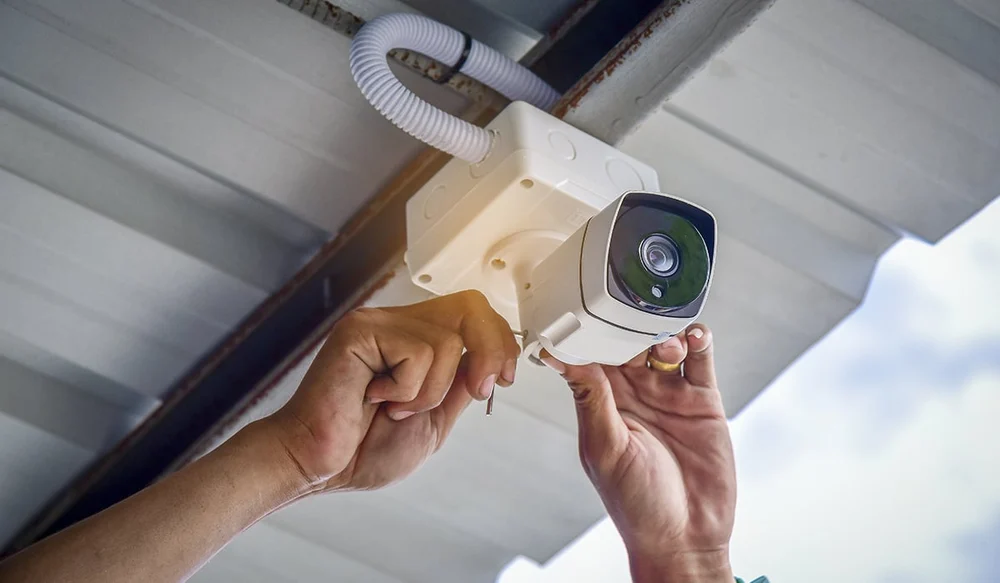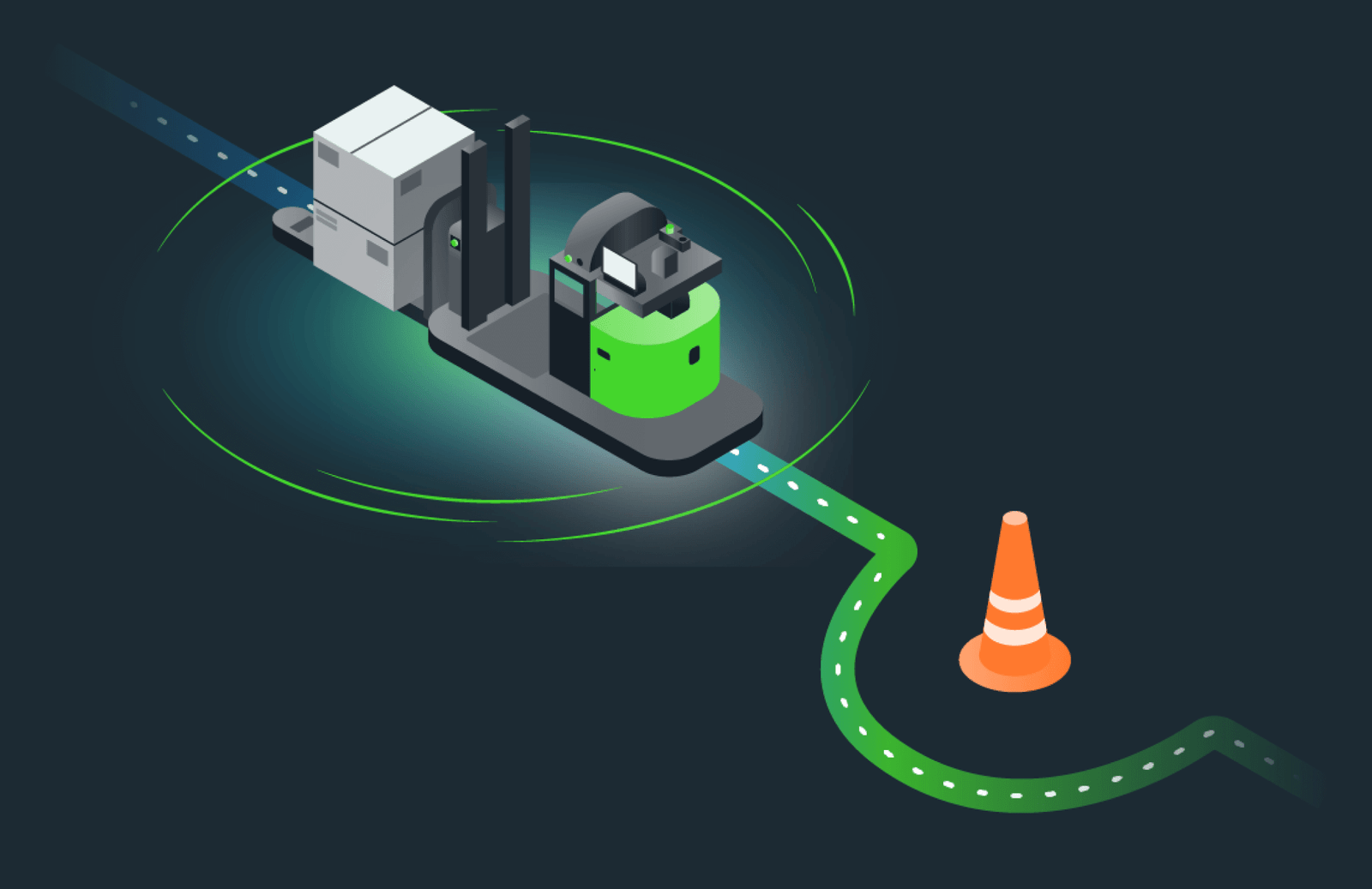Solar Powered Security Camera: In today’s world, home and business security is more important than ever. Whether you’re protecting a rural property, monitoring a driveway, or securing a remote warehouse, surveillance solutions have become a critical investment. And when it comes to versatility and sustainability, nothing beats the convenience of a solar powered security camera.
In this detailed guide, we’ll explore everything you need to know about solar powered security cameras—how they work, key features to look for, their benefits, and whether one is right for your needs. If you’re looking for a dependable, low-maintenance security option that saves on electricity and installation costs, you’re in the right place.
What Is a Solar Powered Security Camera?
A solar powered security camera is a wireless surveillance system that runs on energy collected from solar panels. These cameras store energy in rechargeable batteries and use it to power motion sensors, HD video recording, two-way audio, and even night vision.
Instead of relying on electrical outlets or hardwired connections, these cameras operate independently using sunlight, making them ideal for off-grid locations or areas where traditional power sources are unreliable or unavailable.
How It Works:
- Solar panel absorbs sunlight during the day
- Rechargeable battery stores excess energy for night use
- Wireless connectivity transmits data to cloud storage or a smartphone app
- Motion sensors trigger alerts, recording, and live video feeds
Key Benefits of a Solar Powered Security Camera
Whether you’re securing a vacation home or monitoring farm gates, solar powered security cameras come with a range of advantages that set them apart from traditional systems.
1. Energy Independence
One of the biggest advantages of a solar powered security camera is its ability to function entirely off the grid. This means no need for electrical wiring or paying for electricity—ideal for locations far from power sources.
2. Easy Installation
Because they don’t require wiring, solar cameras are typically plug-and-play systems. All you need is a sunny spot for the solar panel, and you’re good to go. Most systems are designed for DIY installation.
3. Eco-Friendly Security
A solar powered security camera reduces your carbon footprint by utilizing clean, renewable energy. For eco-conscious consumers, it’s a smart step toward sustainable living.
4. Lower Long-Term Costs
While the upfront cost might be slightly higher than wired systems, you’ll save money in the long run by eliminating electric bills and expensive installations.
5. Reliability in Remote Areas
Solar powered security cameras are especially useful in areas with no electrical infrastructure—such as cabins, RV parks, or agricultural land.
Important Features to Look For
When shopping for a solar powered security camera, not all models are created equal. Here are the essential features that separate the best from the rest:
Battery Capacity
Look for a camera with a high-capacity battery that can store enough energy for at least two to three cloudy days. The battery ensures your camera remains operational at night and during overcast weather.
HD Video Quality
Crisp, clear images are essential for identifying intruders or capturing license plates. Opt for 1080p or higher resolution.
Night Vision
Make sure your camera has infrared night vision or color night vision capabilities. Many models use infrared LEDs to record clear video in total darkness.
Motion Detection and Alerts
Advanced motion detection is critical for catching suspicious activity. Most high-quality solar powered security cameras come with customizable sensitivity levels and instant mobile alerts.
Two-Way Audio
This feature allows you to speak to anyone near the camera through your smartphone—great for deliveries or scaring off intruders.
Cloud & Local Storage
Check whether your camera supports cloud storage, microSD cards, or both. Cloud storage offers remote access, while local storage ensures data is still captured if Wi-Fi drops.
Waterproof Rating
Look for a camera with at least an IP65 waterproof rating. This ensures your device can withstand rain, dust, and snow.
App and Smart Home Integration
Most modern systems come with mobile apps. Some even integrate with Alexa, Google Assistant, or Apple HomeKit for voice-controlled monitoring.
Best Use Cases for Solar Powered Security Cameras
Solar powered security cameras are incredibly versatile. Here are some common scenarios where these cameras shine:
- Rural properties and farms – No power lines? No problem.
- Construction sites – Temporary monitoring without electrical setup.
- Vacation homes – Monitor your second home without leaving lights on.
- Driveways and garages – Avoid drilling through walls for wiring.
- Boats and docks – Keep watercraft safe with minimal maintenance.
- Backyards and gardens – Watch over pets, kids, or wildlife.
Top Brands Offering Solar Powered Security Cameras
Here’s a quick comparison of some of the most trusted names offering solar powered security solutions.
| Brand | Notable Features | Price Range |
| Reolink | 2K HD video, 4G LTE models, smart alerts | $100–$250 |
| Arlo | Wireless, AI-powered detection, cloud storage | $200–$400 |
| Ring | Two-way talk, Alexa integration, solar mounts | $100–$250 |
| Eufy | Local storage, no monthly fees, 2K resolution | $150–$300 |
| Zumimall | Affordable, motion alerts, waterproof design | $60–$150 |
Always check compatibility with your region’s sunlight availability and internet infrastructure before purchase.
How to Install a Solar Powered Security Camera
Installation is typically simple and DIY-friendly. Here’s a basic step-by-step:
- Choose a location with maximum sun exposure.
- Mount the solar panel on a south-facing wall or roof (in the Northern Hemisphere).
- Install the camera near the area you want to monitor.
- Connect the camera to Wi-Fi and link it to your smartphone via the brand’s app.
- Adjust settings like motion detection sensitivity, alert preferences, and video resolution.
You can usually complete the setup in under an hour.
Troubleshooting Common Issues
While solar powered security cameras are convenient, you might encounter occasional hiccups. Here’s how to solve some common problems:
- Low battery during winter: Use a model with larger battery storage or supplement with external charging during cloudy periods.
- Weak Wi-Fi signal: Use a Wi-Fi extender or choose a 4G LTE model for off-grid use.
- False alerts: Adjust motion detection zones and sensitivity in the app settings.
- Blurry video: Clean the lens regularly and adjust focus if supported.
Tips to Maximize Efficiency
To ensure your solar powered security camera performs at its best year-round, follow these tips:
- Clean the solar panel monthly to remove dust and debris
- Trim nearby trees or plants that could shade the panel
- Tilt the panel seasonally for optimal sunlight capture
- Update the camera firmware regularly via its mobile app
These small efforts can significantly extend the camera’s lifespan and performance.
Is a Solar Powered Security Camera Right for You?
If you’re looking for a flexible, affordable, and eco-conscious way to protect your property, a solar powered security camera could be the perfect solution. Whether you need surveillance in a remote area or simply want a hassle-free system for your home, solar technology offers a smart and modern approach.
With features like HD video, two-way audio, motion alerts, and cloud storage, today’s solar cameras rival wired systems in performance—without the high cost and complexity.
Final Thoughts
A solar powered security camera offers a unique combination of freedom, function, and environmental responsibility. Whether you’re monitoring a backyard or securing a remote storage facility, this self-sustaining solution is designed for reliability and peace of mind.
As technology continues to improve, solar-powered options are becoming even more efficient and user-friendly. Now is the ideal time to upgrade to a surveillance system that protects what matters most—without wires or worries.
Want help choosing the best model or need recommendations based on your climate or location? I can assist you with that too.




